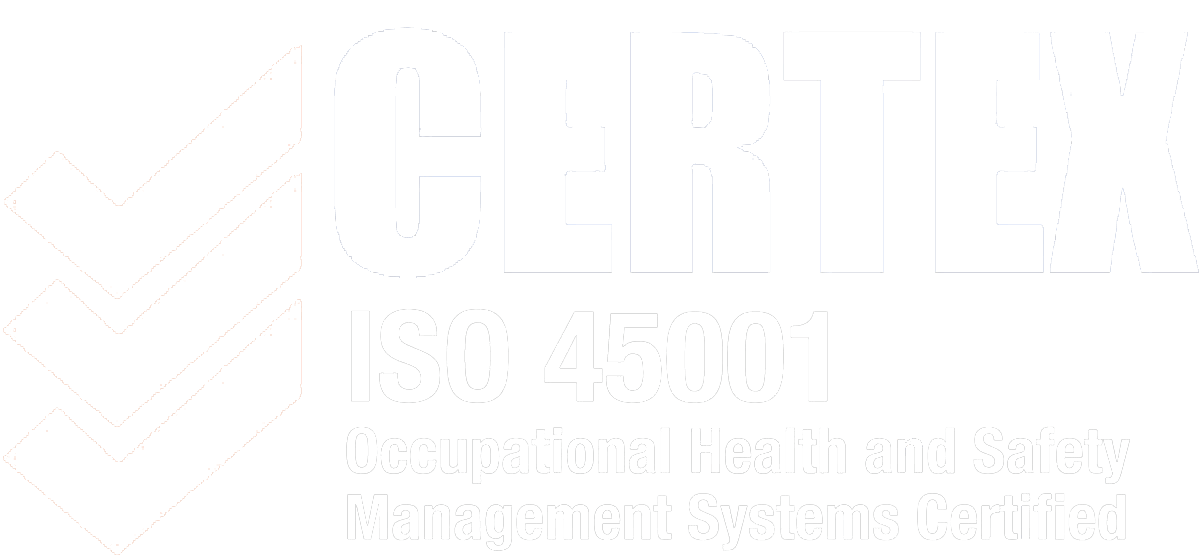Strategies for proactive turnover management
In the dynamic world of business, employee turnover is a recurring reality. While some level of turnover is expected, it's crucial to prevent excessive turnover, which can lead to higher costs, lower morale and a loss of valuable institutional knowledge. To navigate these challenges and ensure lasting success, organisations must embrace a proactive approach to turnover management.

Recruitment and selection
Cultural Alignment: When bringing in new talent, consider not only their skills and qualifications but also their compatibility with the company's culture. Employees who resonate with the company's values are more likely to stay for the long haul.
Competency-Based Interviews: Implement competency-based interviews to gain deeper insights into candidates' skills, behaviours, and attitudes. This aids in pinpointing individuals who harmonise with the organisation.
Employee engagement
Regular Feedback: Cultivate a culture of candid and open communication. Regularly provide feedback to employees and ensure they have opportunities to proactively express their concerns and suggestions.
Development and Growth: Present avenues for professional development and career advancement within the organisation. When employees see a proactive path forward, they are less inclined to seek opportunities elsewhere.
Work-Life balance
Flexible Work Arrangements: Contemplate offering flexible work options, such as remote work or adaptable hours. This can enhance employee satisfaction and reduce their inclination to leave in search of a better work-life balance.
Wellness Programs: Promote health and wellness programs to support your employees' physical and mental well-being, effectively reducing stress and amplifying job satisfaction.
Recognition and rewards
Performance-Based Incentives: Put in place performance-based incentives and recognition programs to acknowledge and reward employees for their dedication and hard work.
Celebrating Milestones: Commemorate employee anniversaries and significant milestones within the organisation. Recognising and appreciating their commitment proactively bolsters morale and loyalty.
Succession planning
Identifying High Potentials: Identify high-potential employees and proactively offer them opportunities for growth and leadership roles within the company. This proactive approach minimises the risk of losing invaluable talent.
Cross-Training: Proactively cross-train employees to equip them with a broader skill set, thereby reducing dependency on a single individual and making the organisation more resilient to turnover.
Exit Interviews and analysis
Exit Interviews: Conduct comprehensive exit interviews to glean insights into why employees are departing. This feedback can proactively help identify and address underlying issues.
Data Analysis: Proactively analyse turnover data to discern patterns and trends. Understanding why and when turnover occurs can proactively assist in addressing issues before they escalate.
“Employees are a company's most valuable asset.”
Proactive turnover management is a crucial aspect of building a sustainable, successful organisation. By focusing on recruitment, employee engagement, work-life balance, recognition, succession planning, and data analysis, you can minimise turnover, retain valuable talent and create a work environment that fosters long-term success. Remember, employees are a company's most valuable asset and a proactive approach to their retention will pay dividends in the form of increased productivity, morale and profitability.
 CA-EN
CA-EN UK
UK AU
AU US
US NZ
NZ PH
PH ZA
ZA SG
SG HK
HK






